The famous fashion brands Jacquemus, American Vintage and Sessùn were born on the Côte d'Azur and are making their solar aesthetics, and therefore the French Riviera, shine all over the world. In their wake, three gems to follow: Studio Clandestin, Occidente and Dédès. Portraits.
Studio Clandestin
Studio Clandestin, founded in Peymeinade in 2017 by Jonathan Canuti, a child of horticulturists from Vallauris who became a commercial strategy manager for a major ready-to-wear brand, outright rejects fast fashion, one of the world's most polluting industries. He bets on upcycling, inspired by Lavoisier's mantra, "Nothing is lost, nothing is created, everything is transformed." He salvages new pieces destined for destruction and surrounds himself with skilled regional craftspeople to transform them into creations: Elise Peleïa Botta, a seamstress trained at Givenchy, Laurène Jeannette, a ceramist from Vallauris, Caroline Simon, a Nice-based embroiderer, along with Camille, Ludivine, and Sasha. Together, they reinvent an elegant wardrobe for both men and women, centered around deconstructed basics and tailoring style. "My collections are love letters to those who have artistically sublimated the French Riviera, far from the stereotypes. My first show took place at MAMAC, the Museum of Modern Art in Nice. It paid tribute to the contemporary movement of the École de Nice and to the crafts. For example, I created a complete outfit made of hand-cut Vallauris porcelain. The second show celebrated Yves Klein’s work on women's bodies. The following ones were dedicated to my family of horticulturists and all those who work to enhance the living heritage of the south. Over time, I was able to create increasingly technical and creative collections. I had access to dead stocks of noble fabrics such as silk fabric rolls from the LVMH group with which I had a blast creating art dresses that were wildly successful! Today, I barely make a living from my activity—we sell between forty and a hundred pieces a month—but I prove that one can succeed in fashion, far from Paris, though I am well-supported. For the shows, I do not hire models, but a group of about fifty volunteer friends, my clandestine family, who believe in my committed project. I dedicate to them all the pieces emblazoned with 'L’amour, l’amour, l’amour,' a reference to the sound of Mouloudji, produced with each collection. I was also lucky to have been supported from the start by the Galeries Lafayette in Nice and Paris, which gave me sales spaces, by the eco-responsible platform Reiner, and to have been mentored in Jakarta, allowing me regular trips to Indonesia to exchange know-how." What’s next? "The next ready-to-wear show will celebrate the joy of marking our fifth anniversary, while the following will be a couture show dedicated to my town, Vallauris, and to the inspiring Jean Cocteau and Jean Marais, iconic artists of the Riviera."
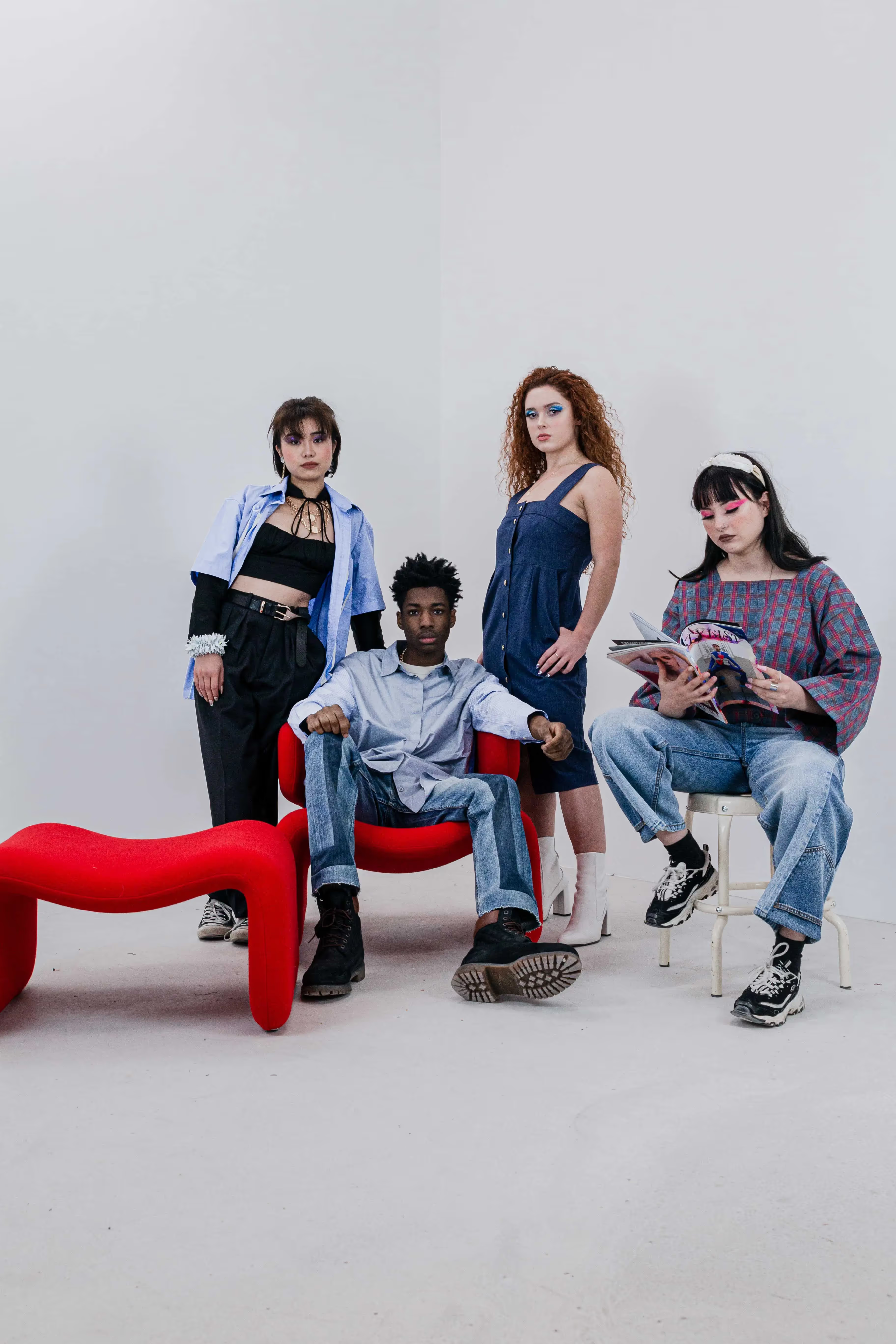
Maison Mode Méditerranée
This breath of fresh cultural and authentic air brought to fashion in the south of France is valued, for the fortunate ones, by the Maison Mode Méditerranée endowment fund, which supports fashion, cultural, and scientific projects from creators across the Mediterranean basin, thanks to prestigious partners such as Chanel, LVMH, Fragonard, and Gas bijoux. Since its founding in 1988 by Maryline Bellieud Vigouroux, about 700 designers have been financially assisted by Maison Mode Méditerranée, thanks to scholarships won by exceptional talents like Amaury Darras, an artisanal woodworker in the fashion industry, and Emma Bruschi, a creator of delicate straw jewelry, as well as through the Open My Med prize, won in 2016 by the current president of the fund, Jina Luciani, for her brand, Occidente. Jina, born in Beirut but raised in Nice, cut her teeth in lingerie and homewear between Paris and New York, working for Victoria’s Secret and Marks & Spencer. In 2006, she created Occidente, two years after relocating to the south. In her workshop in the high country of Grasse, in Peymeinade, she designs and manufactures on-site (or in Marseille for large-scale production), along with her 11 collaborators, lines of soft lingerie, yogawear, and organic home clothing, pure for the skin. "I am inspired by the vegetation around me, the sweet life of the Azurean coast, and the Western woman who aspires to well-being, the art of living, and harmony with nature. Creating Occidente was a real challenge, as in 2006 no one believed in the development of organic textiles. It took me a while to source organic cotton in Europe, but in light of the current advocacy for environmental preservation, it's a great pride to have believed in it." Among those who bet on Jina’s label was Le Bon Marché Rive Gauche in Paris, which dedicated an exceptional pop-up to her. Since then, she has been appointed as a Master Artisan in 2022, the highest distinction in the field of crafts. A few weeks ago, her immersive fashion-show spectacle, "The Golden Ratio," in collaboration with the art, design, and culture collective Fair, which she co-created with visual artist Stéphanie Hamel-Grain, took place in the ruins of the Roman baths of the archaeological museum of Nice. A divine and timeless moment.

Dédés
Among the strong personalities of fashion made in the Riviera who use endemic materials, a duo of friends stands out with their women's clothing and accessories brand, Dédés, created in 2020, an ode to the paradoxes of the Mediterranean. Angélique, the strategic director, and Jean, the artistic director, both 32, wanted to claim a slow fashion brand that transforms the stereotype of the bold "cagole." "Our brand must make this paradigm human and beautiful. We want to embrace the insolence and effervescence of the Coast, but also the rusticity of the hinterland, while representing contemporary society." Jean handles the design, production, and sources raw materials in a short supply chain. He sources from Laine Rebelle, which sorts wool from several breeds of Maralpine sheep, spins it, knits it, as well as from a Merino wool producer in Arles. He also selects French linen, organic cotton, Lyocell, recycled plastics, and recently, upcycling from fashion houses. Aline, a costumer and pattern maker, takes care of the cut-and-sew, while Camille, a knitter, works on the finest pieces. "Our models are available for pre-order to avoid overconsumption." Among the brand's best-sellers, which has already released a dozen micro-collections, are the asymmetrical and slit Boo dress, evoking a flipped broken heart making resilience, and the Ren top, inspired by the film "La Belle Verte" in tribute to neo-ruralism and returning to one's roots. The cotton used to produce it is extremely fine and knitted on a vintage machine to give it a rustic look that reveals the skin. The Link top, 100% linen, inspired by chainmail with a soft, light, and comfortable appearance, symbolizes a self-defense armor for women, symbolizing the fight against violence against them. Today, Dédés sells online on their website and independent sales sites Lunch concept and Apocene, but is not yet profitable, although it is sustaining itself. The duo is looking for partners and a place in Nice where they could set up their workshop and showroom. Among Jean's latest inspirations are pieces in Georgette silk knit, a dead-stock swimsuit pierced with Murano glass cherries, and he is currently creating a surreal ornamental resin jewelry piece, revisiting the iconic fabric of the Marseille indiennes. "Oh fan!"
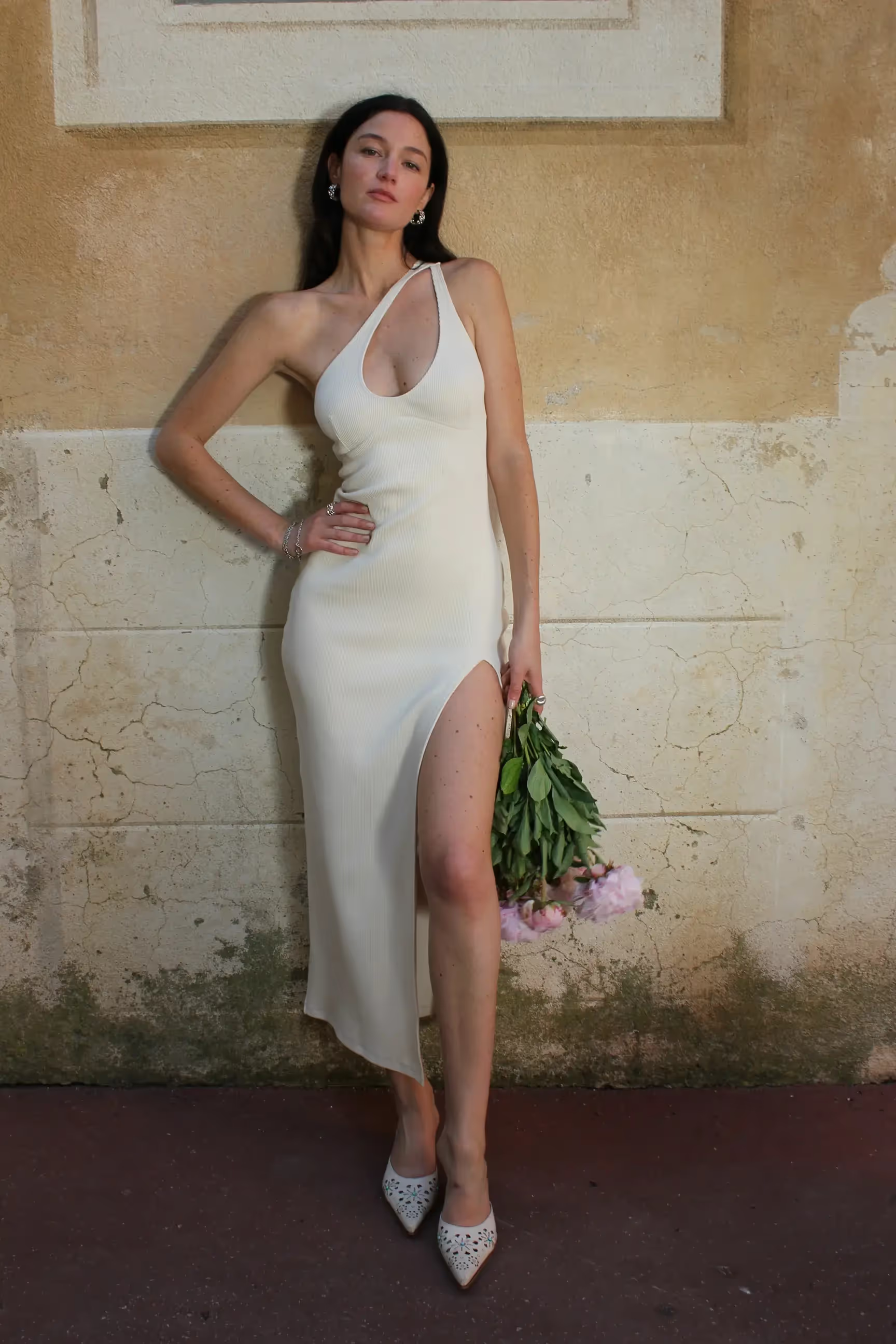
Cover: © Cynthia Mai, designer Emma Bruschi





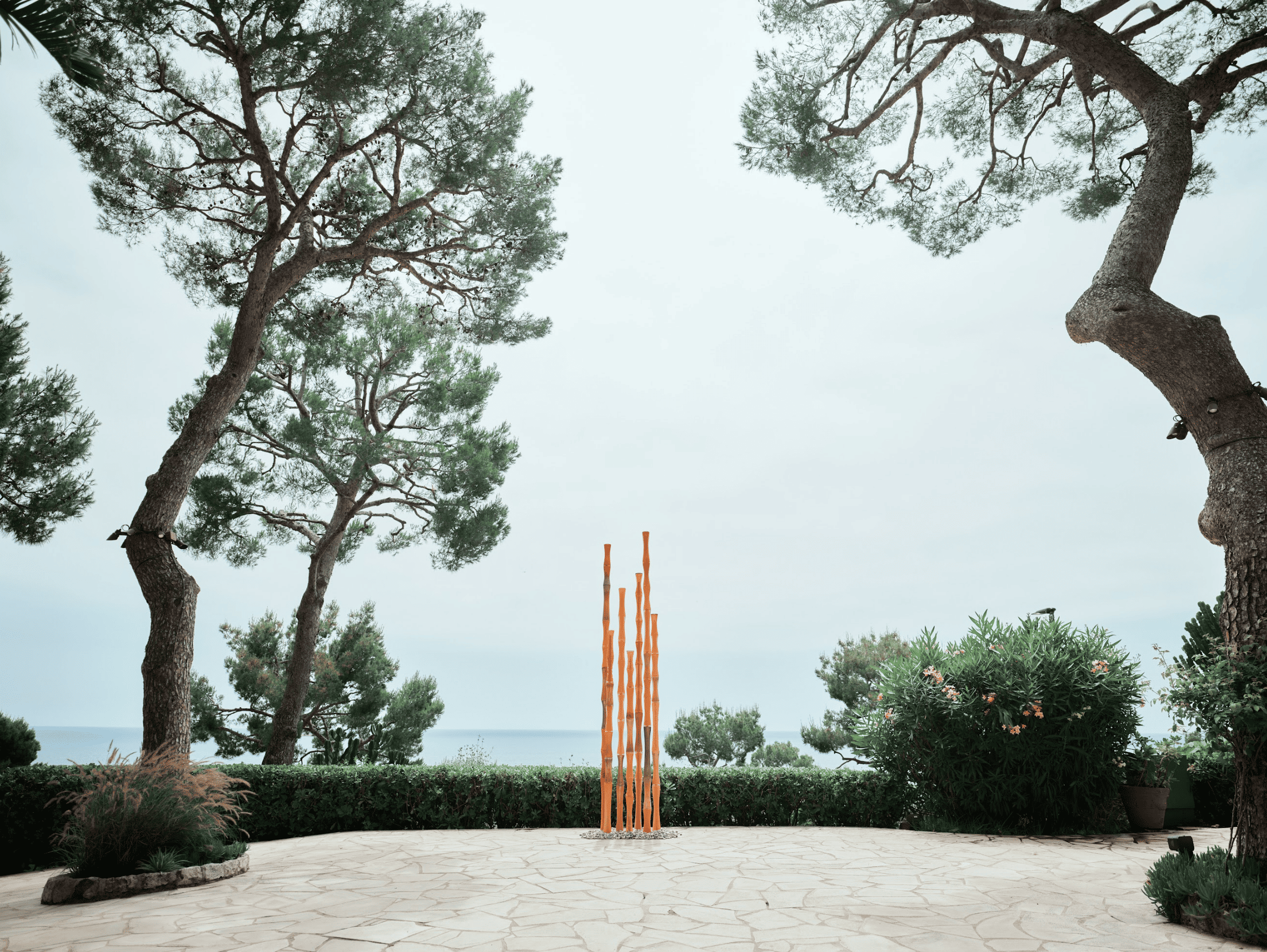


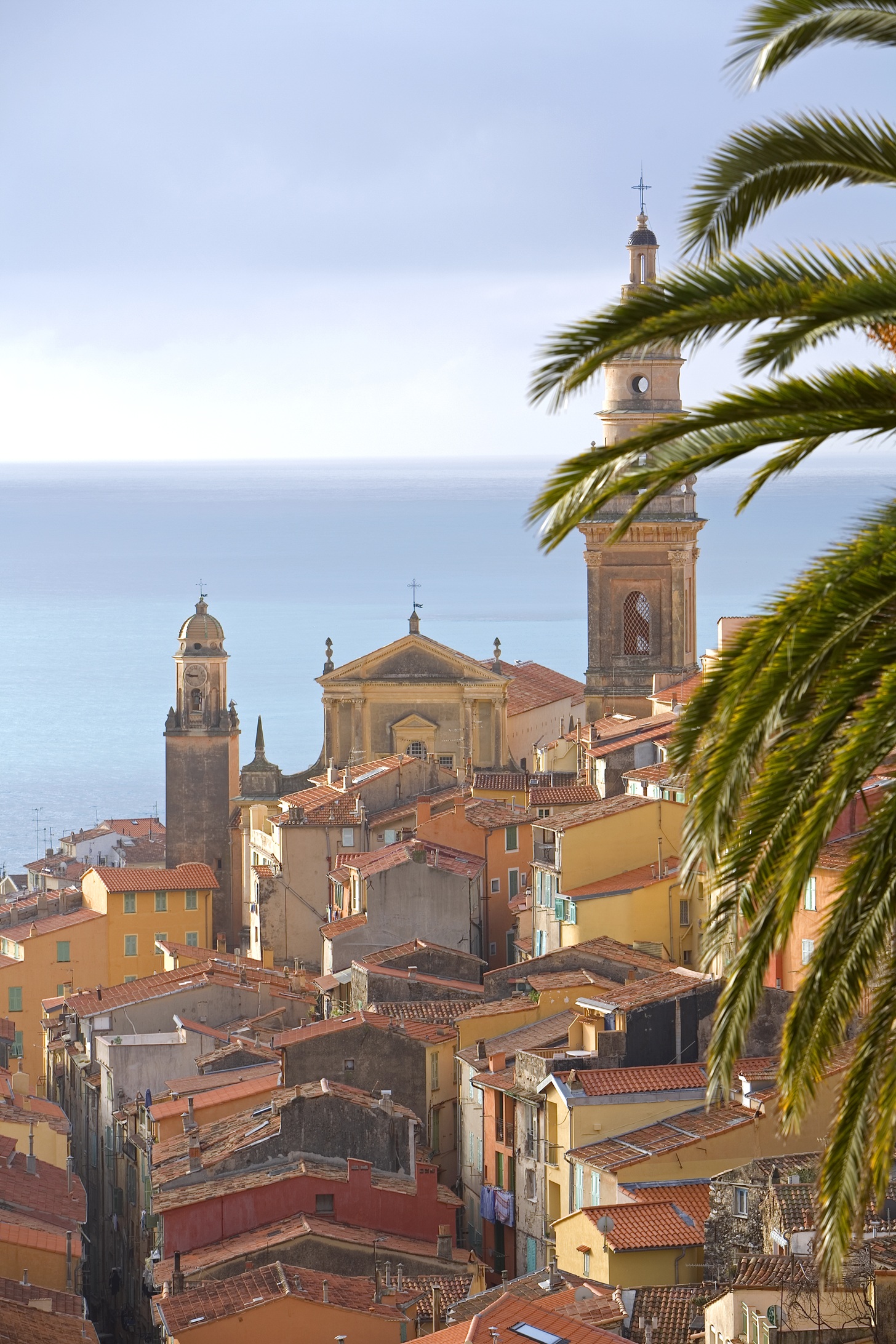





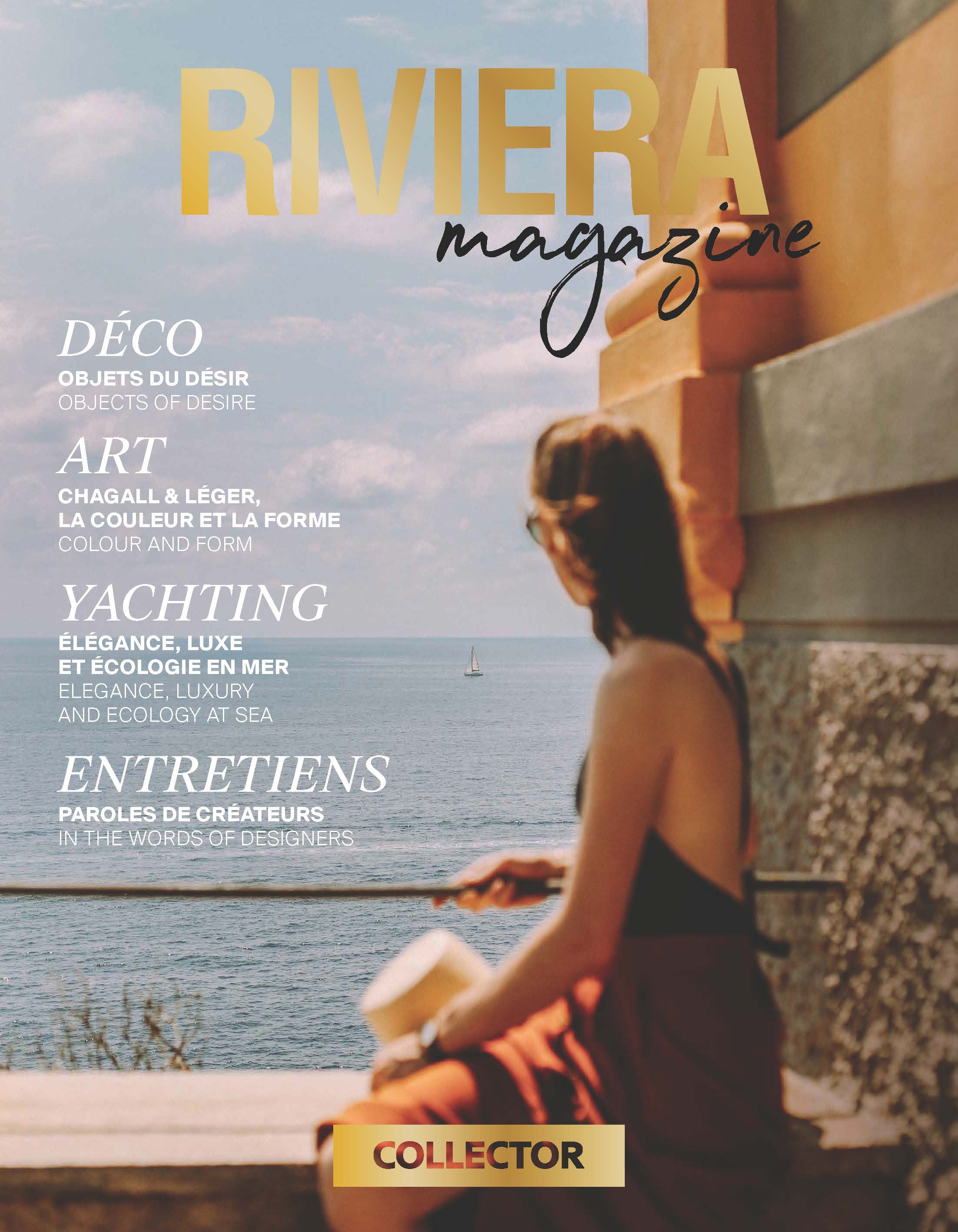

.avif)


.avif)